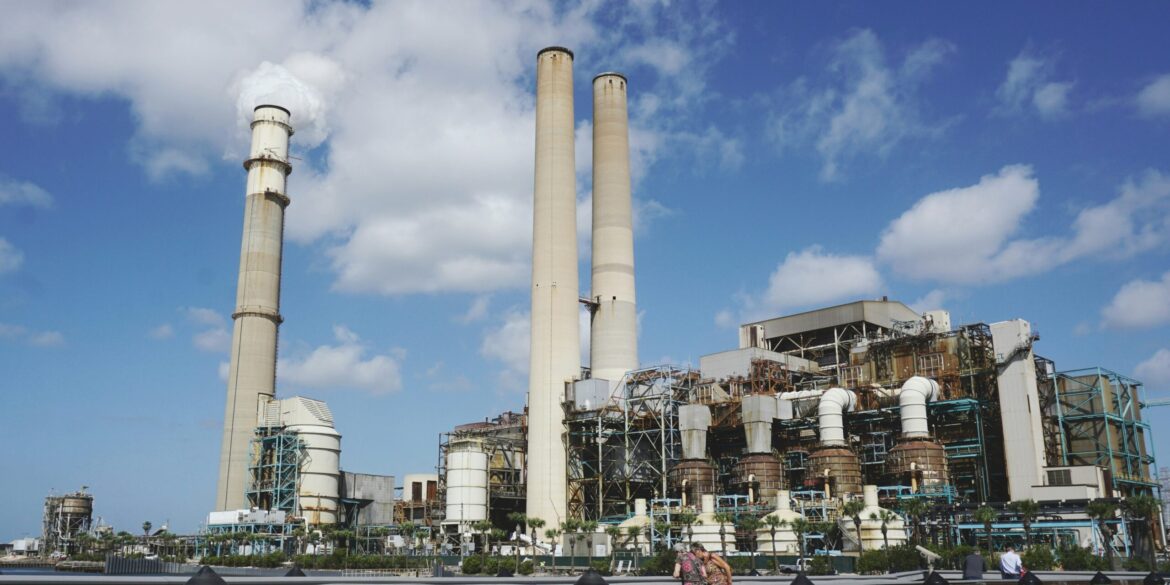Arbor, a California-based climate tech startup specializing in bioenergy with carbon capture and storage (BECCS), announced on July 8, 2025, that it has secured $41 million in offtake agreements for 116,000 tons of carbon dioxide removal. The contracts, set to be fulfilled between 2028 and 2030, are backed by prominent companies including Google, Stripe, Shopify, McKinsey, Autodesk, and H&M through the Frontier climate initiative.
These deals mark Arbor’s largest transaction to date and will finance the development of its first commercial-scale BECCS facility near Lake Charles, Louisiana. Scheduled to come online in 2028, the facility will be a major milestone in scaling carbon removal technologies to meet growing corporate and regulatory demand for net-zero commitments.
Arbor’s technology centers on an innovative process that converts waste biomass into syngas through gasification. This syngas is then combusted using pure oxygen—an oxy-combustion technique that enhances the concentration and capture of CO₂. The resulting emissions consist primarily of supercritical carbon dioxide and water, the former to be stored underground and the latter potentially used for irrigation or as cooling water for data centers. The plant’s 18-megawatt turbine design also promises efficient, modular deployment, driving down costs and enabling flexible applications.
The technology is particularly attractive to energy-hungry sectors such as data centers and utility providers. As the artificial intelligence boom pushes electricity demands higher, companies are increasingly turning to reliable, carbon-free sources. Arbor’s CEO, Brad Hartwig, emphasized this point, noting that AI’s rise is catalyzing the commercialization of next-generation clean technologies.
Arbor’s recent momentum builds on earlier success. In 2024, the company inked a deal with Microsoft to remove 25,000 tons of CO₂ starting in 2027 while generating 5 megawatts of renewable power annually. This dual impact—carbon removal and clean energy production—positions Arbor uniquely among BECCS providers, appealing to corporations seeking both sustainability and energy resilience.
Unlike conventional carbon capture projects that retrofit fossil fuel plants, Arbor’s model is carbon-negative from the outset. The use of waste biomass—often agricultural residue or forestry byproducts—ensures that more carbon is removed from the atmosphere than emitted, making the system especially valuable in global decarbonization efforts.
The offtake deals were facilitated by Frontier, a consortium established by Stripe, Alphabet, Shopify, Meta, and McKinsey in 2022. Frontier aims to accelerate carbon removal innovation by committing over $1 billion to purchase verified, permanent removals through 2030. By offering guaranteed demand, the initiative helps startups like Arbor secure the financing needed to scale technologies beyond the pilot phase.
Frontier’s model reflects a broader shift in climate financing, from research grants and voluntary offsets to procurement-based funding designed to foster commercial viability. Arbor’s deal is among the largest BECCS commitments to date under this framework and signals increasing private-sector confidence in engineered carbon removal pathways.
As nations and corporations push toward mid-century net-zero goals, solutions like Arbor’s are likely to play a key role. The Louisiana plant will serve as a critical test case for both the technical scalability and market appetite for bioenergy-powered carbon removal.

